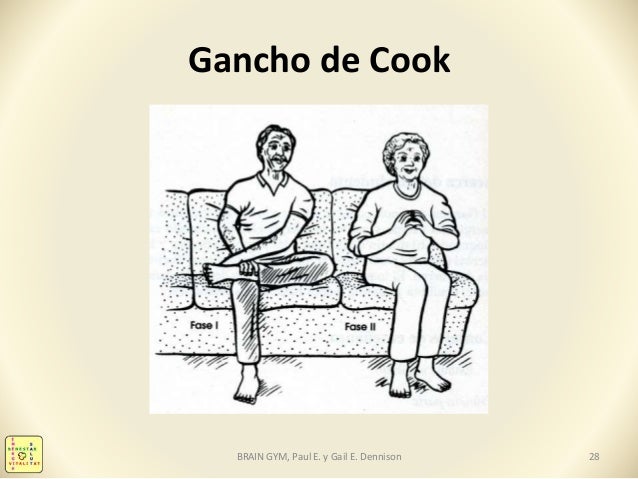
"In the past, I might have been working with people with Parkinson's and we'd have exercises in a gym, then a separate computerised cognitive training program, and another event for the social aspect," he said. The group also reported a reduction in fatigue and improvements in sleep.ĭr Cruickshank said that group boxing has the benefit of by combining many aspects of therapy, such as exercise, cognitive stimulation and socialisation into a single exercise. "We have a lot of the metrics needed to say it's safe, well tolerated and that people enjoyed it." Big benefitsĪfter the 15-week program, nine of the 10 participants improved their score on the Unified Parkinson's Disease Rating Scale, a tool used to measure the progression and severity of PD. "We used heart rate monitors throughout the intervention so we could see the cardiovascular load on our participants, we used scales that measured their perceived levels of exertion from both a physical and cognitive standpoint. "So, what we did was look really robustly at how feasible a boxing program is for people with PD, which hadn't been done in the past," he said. Participants completed two-to-three-minute "rounds" where they were required to strike the various pads in different sequences, followed by no more than two minutes of rest.ĭr Travis Cruickshank from ECU's Centre for Precision Health said boxing has grown in popularity among those living with PD, despite little evidence supporting its use. The program had three distinct segments: an introduction to boxing, a high-intensity component and a cognitively challenging segment.


Rather than an opponent, the group did battle against a Fightmaster boxing unit, a commercially available device which has 11 padded punching targets mounted to a stand. However, new Edith Cowan University (ECU) research undertaken in partnership with The Perron Institute and boxer Rai Fazio has shown the sport - without an opponent - could be a valuable way for people living with Parkinson's Disease (PD) to improve their quality of life.Īlso collaborating with Sir Charles Gairdner Hospital and the University of Western Australia, ECU researchers had 10 people with early-stage PD perform three one-hour boxing sessions per week, over 15 weeks.

When we think of boxing, it's understandable many of us wouldn't associate it with being 'good' for our brains.


 0 kommentar(er)
0 kommentar(er)
